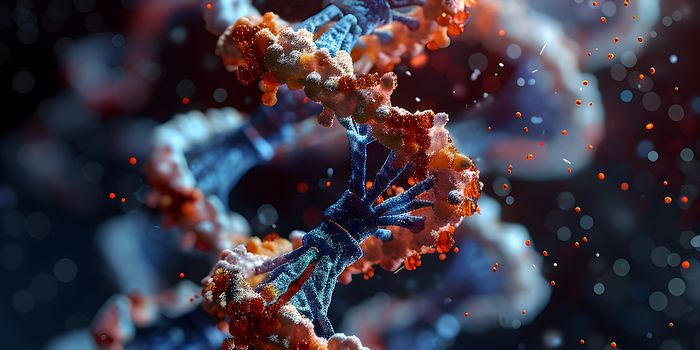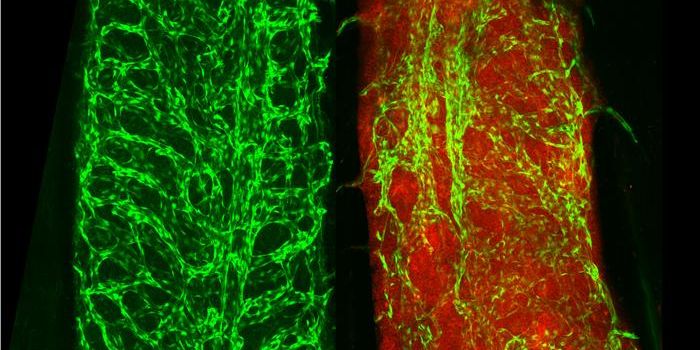Cannabis Helps Cancer Patients Combat Nausea and Vomiting
A growing number of states have legalized marijuana for medical and/or recreational purposes. Cannabis is a plant that produces resin-containing compounds called cannabinoids. Cannabinoids, also known as phytocannabinoids, are chemicals that impact various biological systems, including the central nervous system and the immune system. Delta-9-tetrahydrocannabinol (THC) is a psychoactive cannabinoid which means it has an impact on the brain. Cannabidiol (CBD), another cannabinoid, is not psychoactive but still maintains therapeutic potential.
While cannabis isn’t used as a drug to directly treat cancer patients, there is significant interest in using cannabis to manage the side effects of cancer and cancer therapies, such as anxiety, depression, pain, and nausea.
In 1975 study tested cannabis in a randomized trial finding that THC reduced vomiting caused by chemotherapy. Since 1985, three cannabis drugs have been FDA-approved to treat chemotherapy-induced nausea and vomiting. Two of these approved drugs have the active ingredient dronabinol (Marinol and Syndros), and one is comprised of a synthetic cannabinoid, nabilone (Cesamet). Recent studies continue to support the efficacy of these agents for managing these symptoms.
A systemic review, including studies published up through August 2020, compared the use of cannabis to drugs established as antiemetics. The study considered oral use of dronabinol and nabilone along with intramuscular administration of levonantradol, a synthetic form of dronabinol. In total, the review considered over 1,300 patients from 30 separate studies. The authors concluded that cannabinoids were more effective at reducing chemotherapy-induced vomiting than non-cannabis drugs such as prochlorperazine and chlorpromazine. However, the study also found that side effects such as dizziness, depression, and arterial hypotension were more prominent in patients treated with cannabis agents.
In 2020, a multicenter Phase II trial investigated a combined THC:CBD cannabis extract for chemotherapy-induced nausea. The study found that the THC:CBD combination was associated with reduced nausea and vomiting. Importantly, no additional side effects were observed in the patients receiving THC:CBD.
The American Society for Clinical Oncology recommends using dronabinol or nabilone for cancer patients experiencing nausea. While many cancer patients experience reduced nausea and vomiting from treatment with cannabis agents, the side effects should be closely monitored to ensure they don’t outweigh the benefits.
Sources: NEJM, BMJ, Am J Med, Annal Oncol, J Clin Oncol









